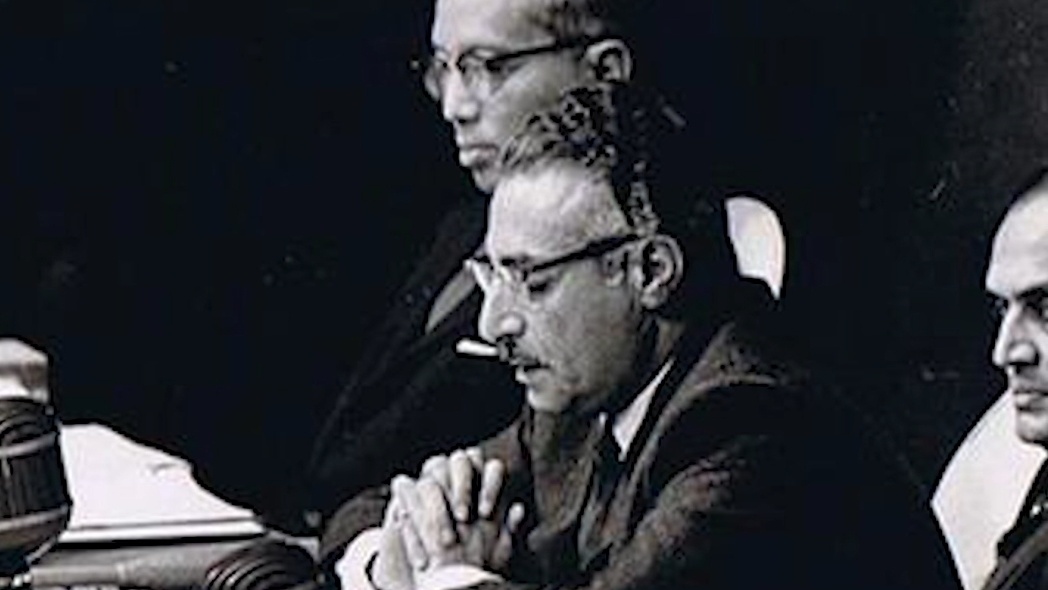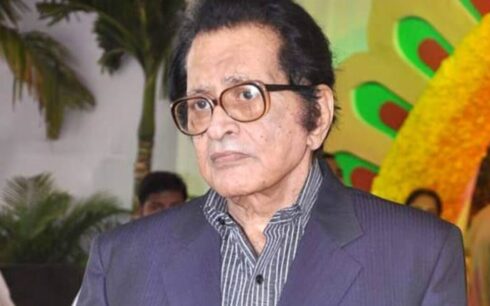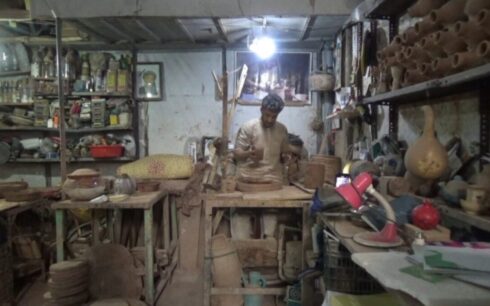A gathering convened in Peshawar, Khyber Pakhtunkhwa, bringing together cultural activists and educators to assess the literary works of the renowned poet and writer Abdul Rahman Pajhwak.
Participants of the gathering underscored Pajhwak’s unwavering commitment to gender equality and his tireless pursuit of freedom and unity in Afghanistan.
Abdul Rahman Pajhwak, a prominent literary figure during the reign of King Zahir Shah, authored numerous books and articles. Notably, he served as the President of the United Nations General Assembly from 1966 to 1967.
Born in Ghazni in 1919, Pajhwak passed away in Hayatabad, Pakistan, in 1995 due to illness.
Farhad Pajhwak, the head of the Pajhwak Foundation, highlighted Pajhwak’s advocacy for freedom and equality for both men and women. He remarked, “Unfortunately, the people of Afghanistan often lived as hostages, a situation that deeply troubled Pajhwak.”
Abdul Rahman Pajhwak was not only the founder of the Bakhtar news agency but also served as the editor-in-chief of Sulh newspaper. His diplomatic career included roles as Afghanistan’s ambassador to the UK and the US. His pivotal role in the approval of a significant UN resolution was a highlight of his tenure as the President of the UN General Assembly in 1996.
Alema, a women’s rights activist, emphasized Pajhwak’s commitment to ensuring the participation of all citizens in social and political activities. She noted, “The writings left behind by Instructor Pajhwak clearly demonstrate his unwavering insistence on the rights of all Afghans, irrespective of gender, to participate in social and political activities without discrimination.”
Among Pajhwak’s notable works are poetry books titled “Gul Hai Andisha” and “Banoi Balkh.” He also served as the head of an association supporting the Pashto language.





